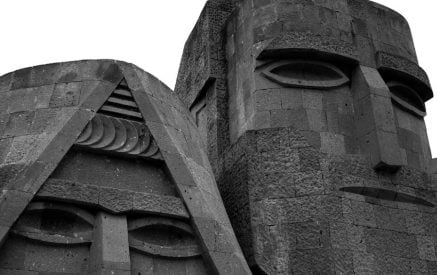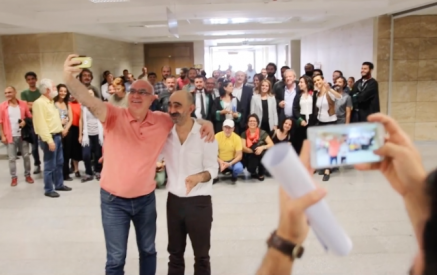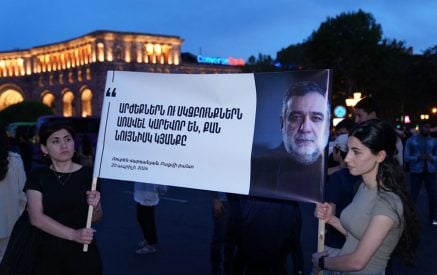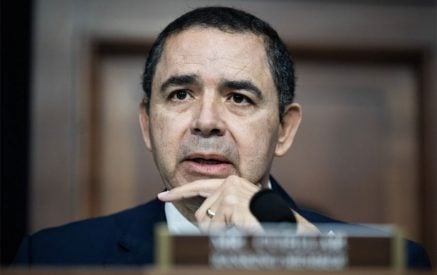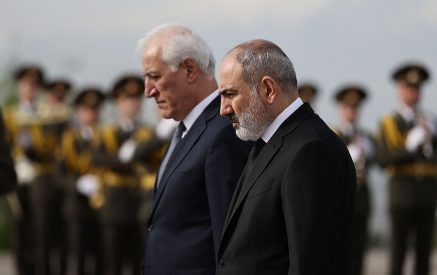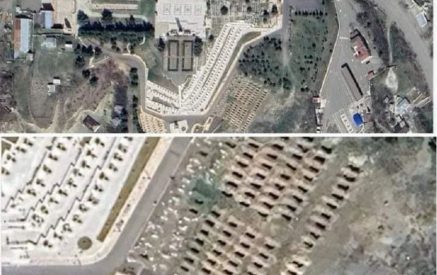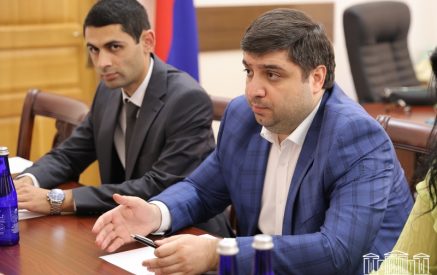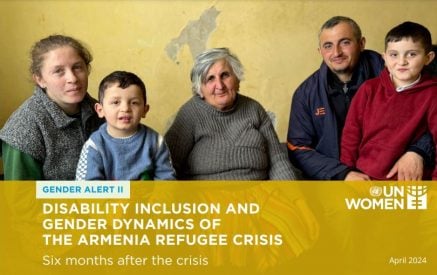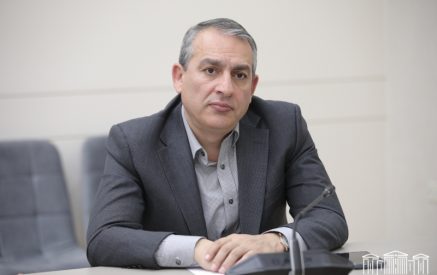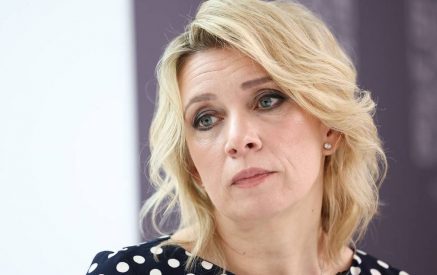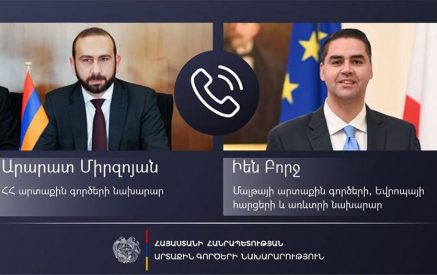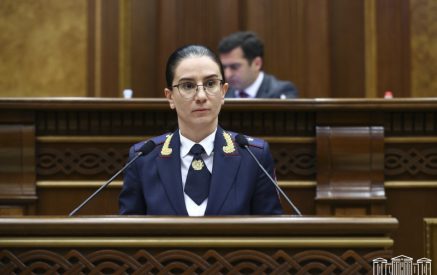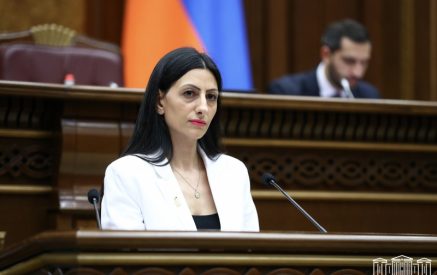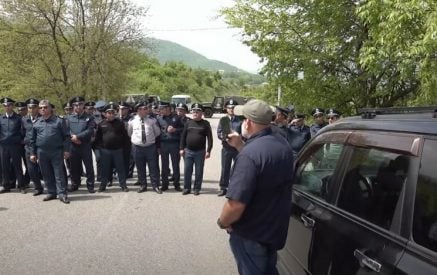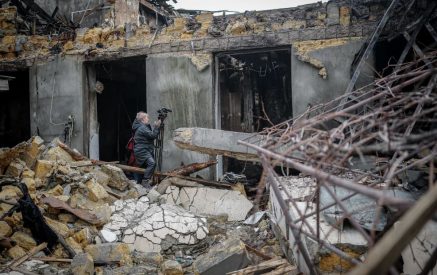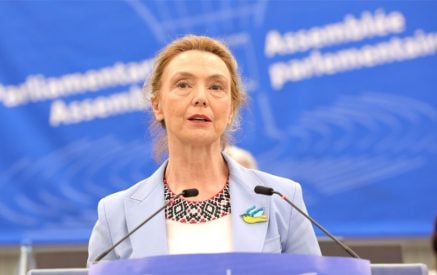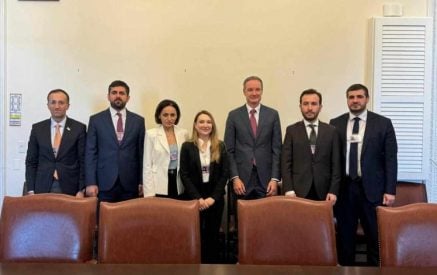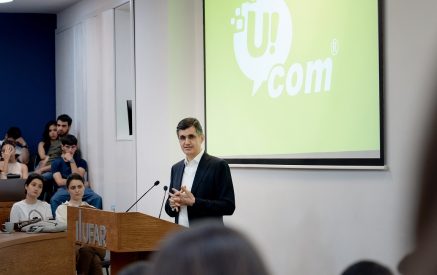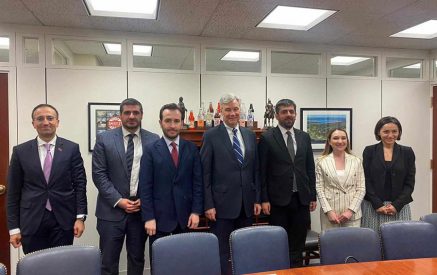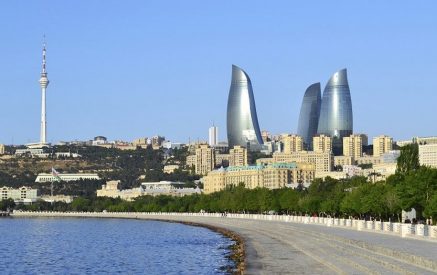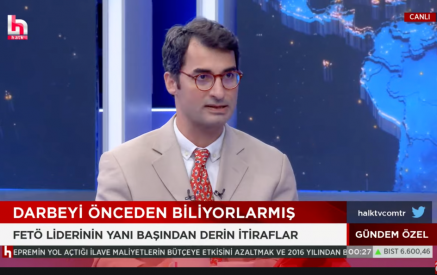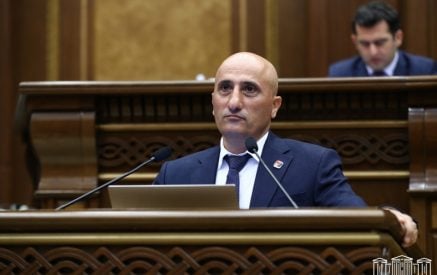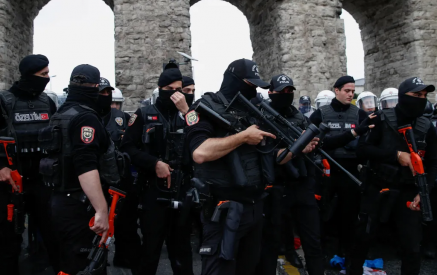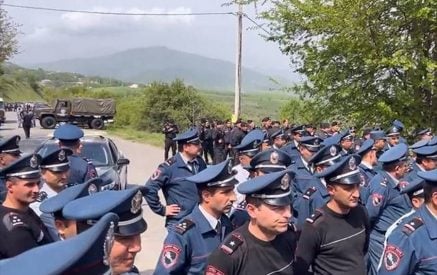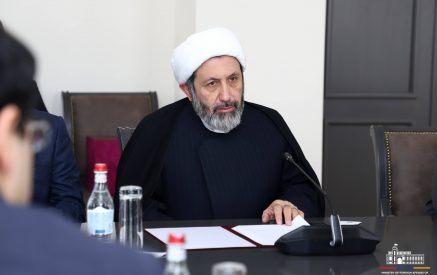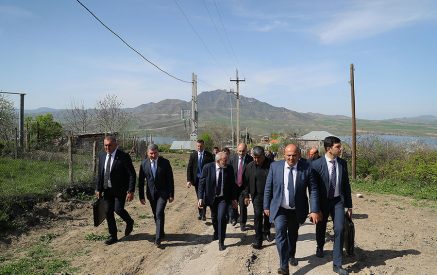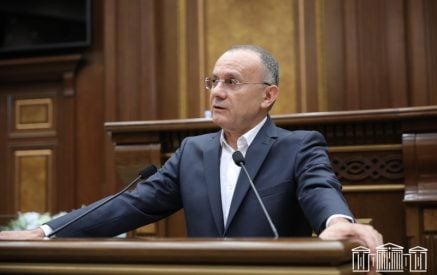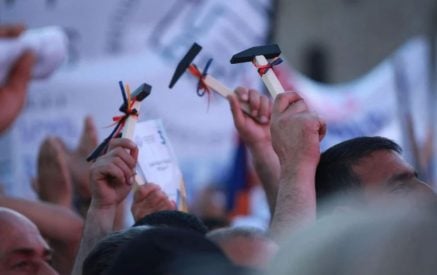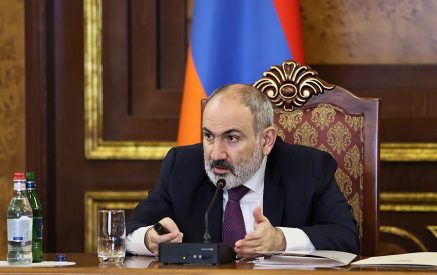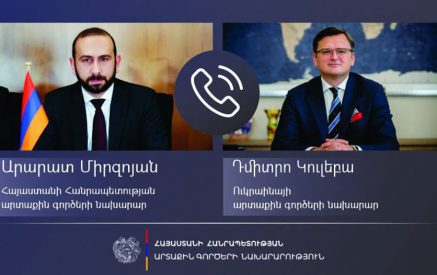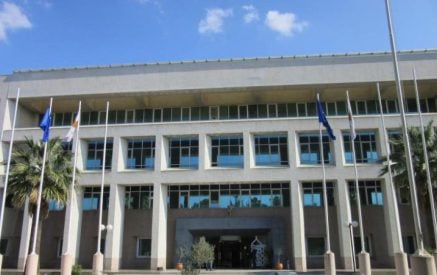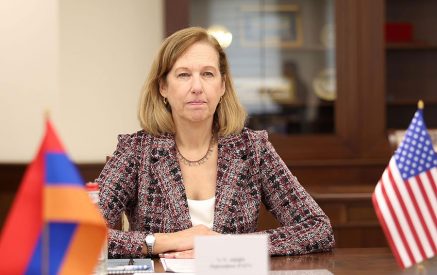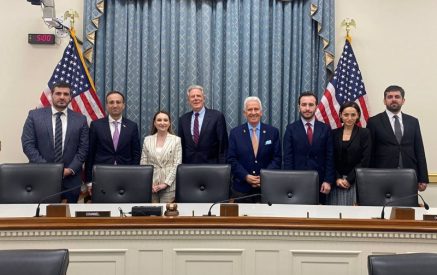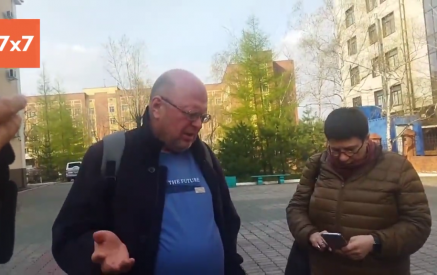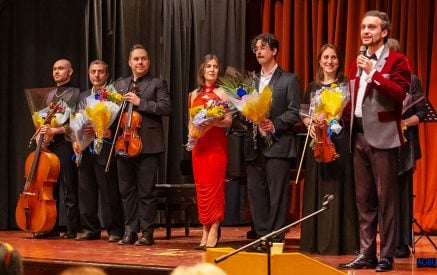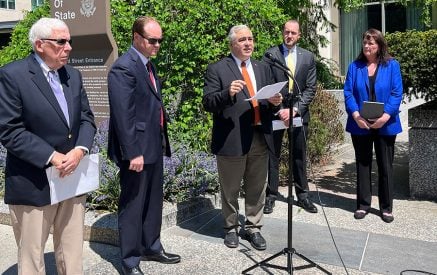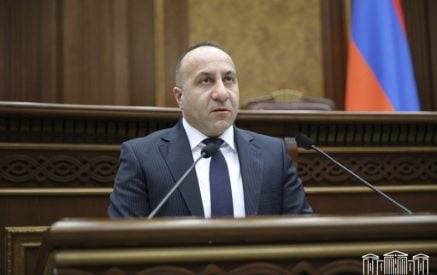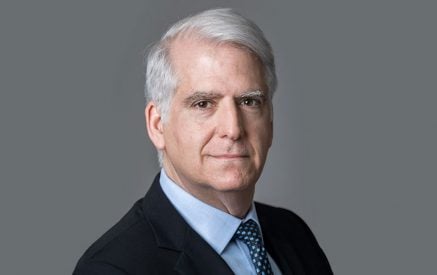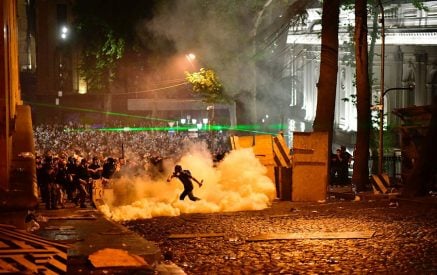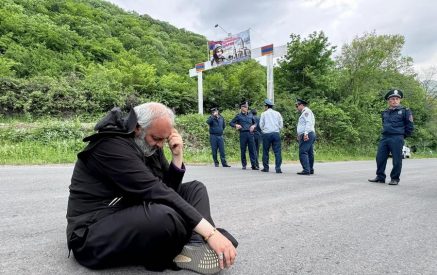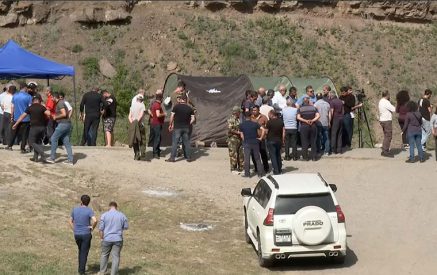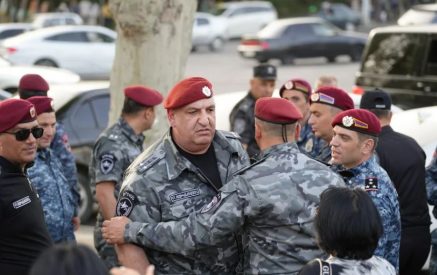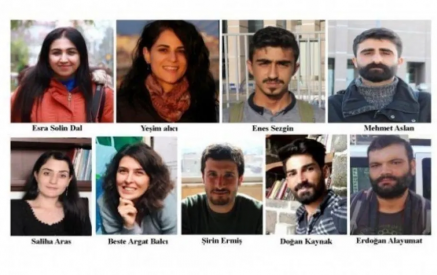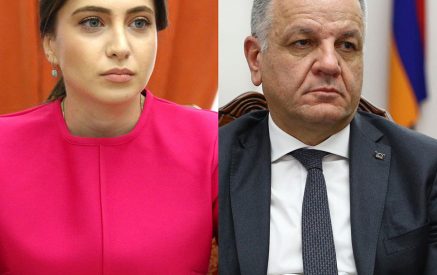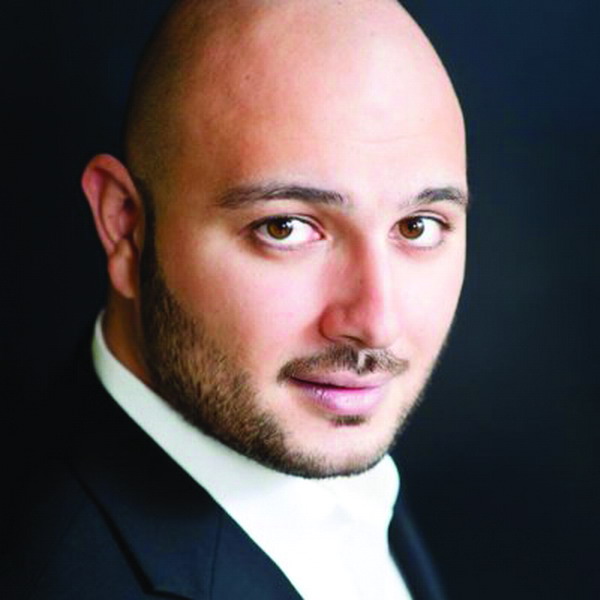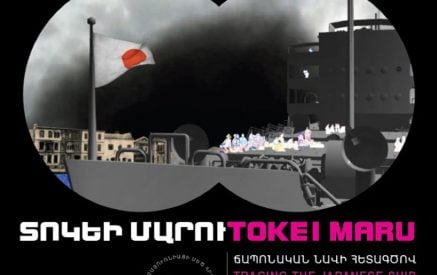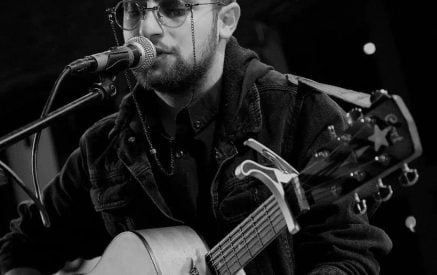Singer Elie Berberian, one of the freshest voices of the new generation, is taking the Armenian Diaspora by storm. A classically-trained opera singer, Berberian, 35, was born in Batroun, Lebanon and discovered his passion for music at a young age.
Following his classical training at Montreal’s McGill University, he began to perform in his signature style for the Armenian community, blending both traditional Armenian songs and contemporary pop compositions.
Berberian is among an innovative crop of singers who are reinvigorating the Armenian pop genre, resonating with millions of Armenians across the world. Insightful and devoted to his craft, Berberian brings inventive music, entertainment, and professionalism to his music and live performances, which have been met with great fanfare across the globe. Most recently he performed at the 70th anniversary celebration for the Tekeyan Cultural Association at Biaggio’s in Paramus, NJ and the Tekeyan Cultural Association’s Mher Megerdichian Theater group’s holiday gala that took place on Saturday, December 9 at St. Thomas Armenian Church in Tenafly, NJ.
What follows are excerpts from an interview in New York on Friday, December 8, between journalist Taleen Babayan and Elie Berberian:
Taleen Babayan: You were born and raised in Lebanon, studied in Canada and have spent considerable time now performing in the United States. What similarities and differences do you see among Armenians in the Diaspora?
Elie Berberian: The unified theme is being Armenian at heart. Here in New York, you have different challenges than other Diasporan communities, which face their own difficulties. The challenge, for example, in Beirut, is political unstableness, which gives Armenians there the opportunity for “hayabahbanoom,” that is to do your best to keep your Armenian identity. The challenge here in the US is assimilation and losing the language and identity. But what’s interesting here is that even without the language, the Armenian identity and pride is still alive. Lebanon is a war-torn country and we were raised to defend our neighborhoods. Growing up, I saw three wars and it was our youth who were protecting the Armenian homes. Here it’s a different type of survival game, which is more focused on ambition and work. But overall, the main similarity is being Armenian at heart.
More – see Armenian Mirror Spectator

